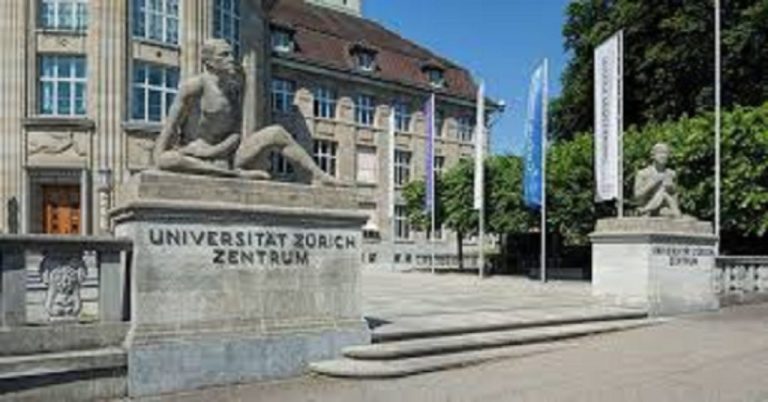The research group Psychology, Health & Technology (PHT) offers a postdoc position focusing on gaining empirical knowledge about how grief in parents interacts with grief in their children using ecological momentary assessment (EMA). EMA, also called experience sampling, is a fine-grained longitudinal data-collection method and an ecologically valid way to measure prolonged grief in daily life. In EMA-research, people are asked to complete a brief set of items multiple times per day, usually on their phone.
Preferred starting date for this 8-months position is March 1, 2025 and is part of a project funded by NWO, which was awarded to dr. Lonneke Lenferink. This project will be conducted in collaboration with Erasmus University Rotterdam, University of Groningen, and Utrecht University. Supervisors at University of Twente are dr. Lonneke Lenferink, dr. Jannis Kraiss, and dr. Peter ten Klooster.
Summary of the project
About 10% of bereaved children develops prolonged grief disorder. Negative cognitions and behaviors of parents may intensify their child’s grief (and vice versa). Currently, little is known about mechanisms of prolonged grief transmission between parents and children, because dyadic research on the topic is lacking. As family life after loss takes place in daily life, research also needs to move to daily life. To achieve this, I use ecological momentary assessment in parent-child dyads. Bereaved parents and children (aged 12-20;N=150) will complete daily smartphone-based surveys on prolonged grief, cognitions, and behaviors. The aim of this fundamental research project is to explain for whom and through which mechanisms prolonged grief is transmissible between parent and child.
Intensive longitudinal data will be collected and analyzed from cohabiting parent-child pairs whose household member died at least 6 months earlier. Part of data-collection is expected to be completed when you start working on this project, because multiple psychology students are working on this project in fall/winter 2024. In addition, a student-assistant will be hired for 7 hours per week for 6 months who will support the post-doctoral researcher with data collection and data management. In your role as post-doctoral researcher you are hired for 24 hours per week for 8 months. You will supervise the student-assistant. You are also responsible for data-management, data-analysis, and describing the results for submission to an academic journal.
YOUR PROFILE
- You have obtained a PhD in the field of psychology or a related field (at the time this project starts on March 1, 2025) and you have affinity with psychotrauma and trauma
- You have experience and affinity with advanced quantitative research methods, preferably particularly in EMA research, and analytical thinking is one of your core strengths
- You have good to excellent English communication skills (proficiency in Dutch is an advantage because data-collection takes place in Dutch).
- You have experience with data-analyses in R or Mplus
- You are proactive, have great people skills, and have a ‘getting things done’ mentality
OUR OFFER
- You will have an employment contract of 0.63 FTE (24 hours) for the duration of 8 months and can participate in all employment conditions offered by the university such as bicycle plan, free fitness/sports activities
- The gross monthly salary is € 4.020,- (based on a fulltime contract). In addition, the University of Twente provides a holiday allowance of 8% and a year-end bonus of 8.3%.
- Excellent facilities for professional and personal development
- We encourage a high degree of responsibility and independence, but also stimulate interaction and discussion with colleagues.
INFORMATION AND APPLICATION
The preferred start date of the project is March 1, 2025. Please apply no later than November 25 2024 via the button below and attach:
- a cover letter, highlighting your specific interest, qualifications and motivation to apply for this position
- a detailed CV
- one first-author paper that you are most proud of
- contact details of one referee
If you would like more information, please contact dr. Lonneke Lenferink via email: l.i.m.lenferink@utwente.nl
The first round of interviews is scheduled between December 9 and December 13. A possible second round of interviews will be scheduled when needed.



